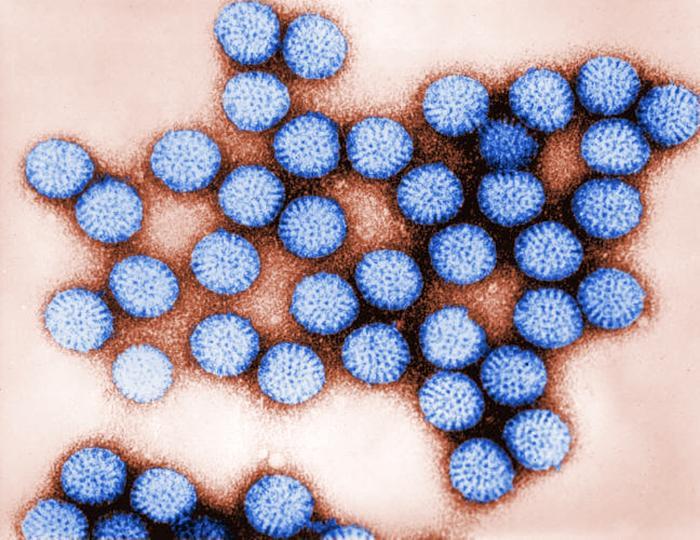US indicators for flu, COVID, and respiratory syncytial virus (RSV) declined further last week, with no states reporting moderate, high, or very high activity, down from one the week before, the Centers for Disease Control and Prevention (CDC) said today in its weekly updates.
.jpg)
For flu, the percentage of outpatient visits for flulike illness remained below the national baseline for the fourth week in a row, and CDC saw declines in test positivity, hospitalizations, and overall deaths.
However, it received 10 more reports of pediatric flu deaths, raising the season's total to 158. The deaths occurred between early January and the middle of April. Six were due to influenza A, and of four subtyped viruses, three were 2009 H1N1 and one involved H3N2. Three kids died from influenza B infections and one death occurred in a child who was coinfected with influenza A and influenza B.
COVID hospitalization data tracking changes
Meanwhile, the CDC's latest COVID data updates show further declines in severity markers, which include hospitalizations and deaths, as well as its early indicators, which include emergency department visits and test positivity. Wastewater SARS-CoV-2 detections, another early indicator, remain at the minimal level.
The CDC recently announced that as of May 1, hospitals are no longer required to report COVID hospital admissions, hospital capacity, or hospital occupancy data to the Department of Health and Human Services through the CDC's National Healthcare Safety Network, which will change how the data appear on the COVID data tracker going forward.
Instead of national admission counts, the data will show COVID hospitalization rates per 100,000 population though COVID-NET, which covers 300 hospitals across 13 states. The CDC said it encourages states to continue to report COVID hospitalizations voluntarily.
HHS has proposed a new rule that would require hospitals to report weekly data apart from a public health emergency, according to a recent Federal Register notice. According to the rule, which if finalized would take effect on October 1, hospitals would have to electronically report information on COVID, flu, and RSV.
The rule is part of a broader group of rule changes, and the Center for Medicare and Medicaid Services is taking comments through June 10.













